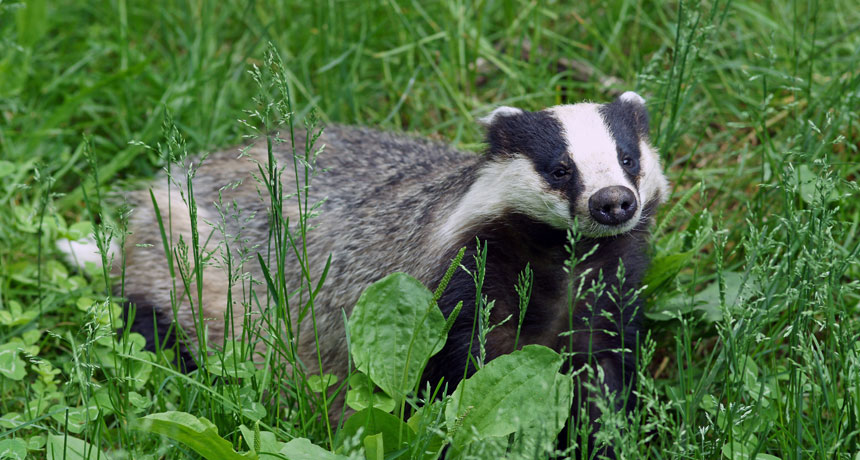Questions for ‘Roadkill: Learning from the dead’

This European badger is a common species of mustelid. It is also a common casualty of traffic in the United Kingdom.
kallerna/Wikimedia Commons (CC-BY-SA 3.0)

This European badger is a common species of mustelid. It is also a common casualty of traffic in the United Kingdom.
kallerna/Wikimedia Commons (CC-BY-SA 3.0)